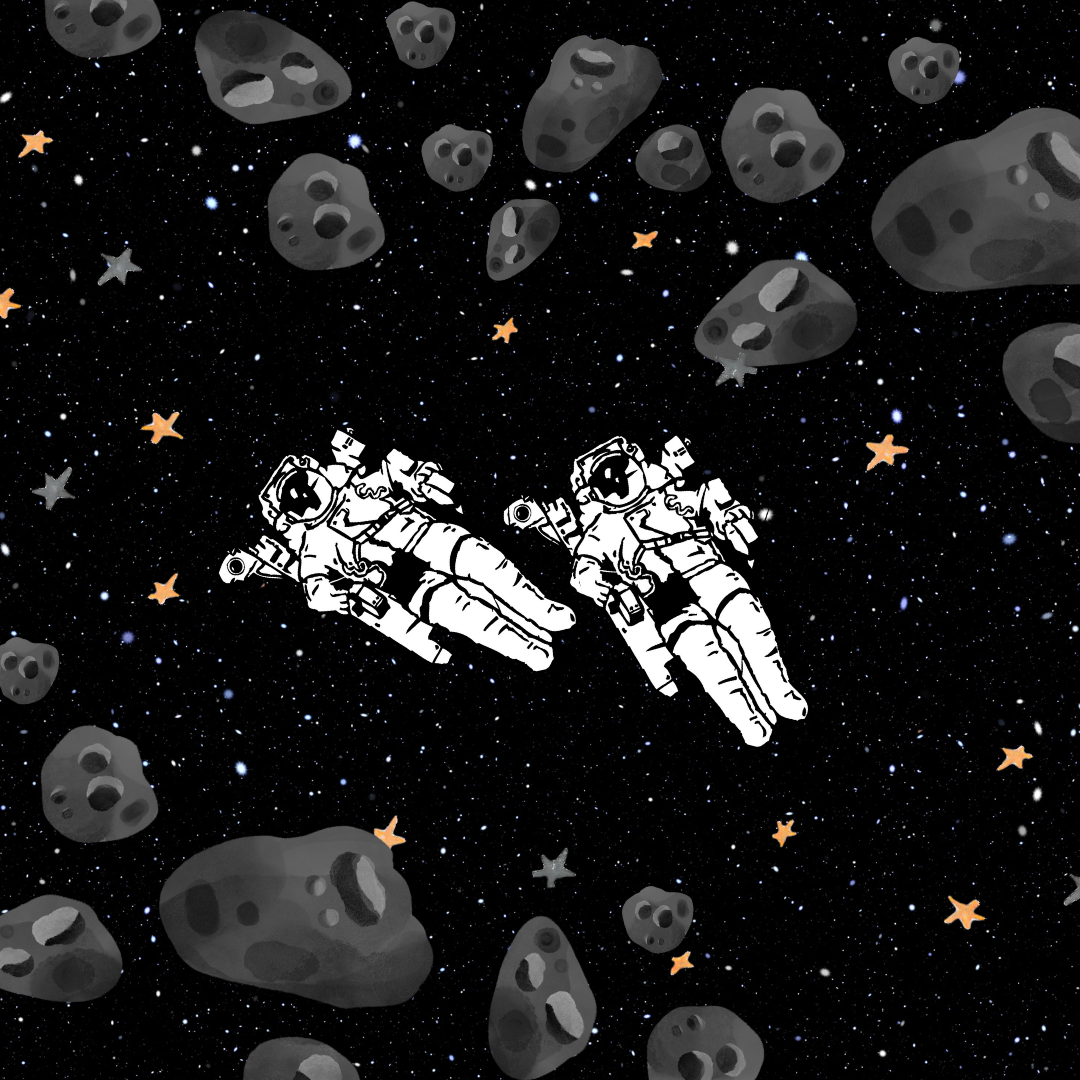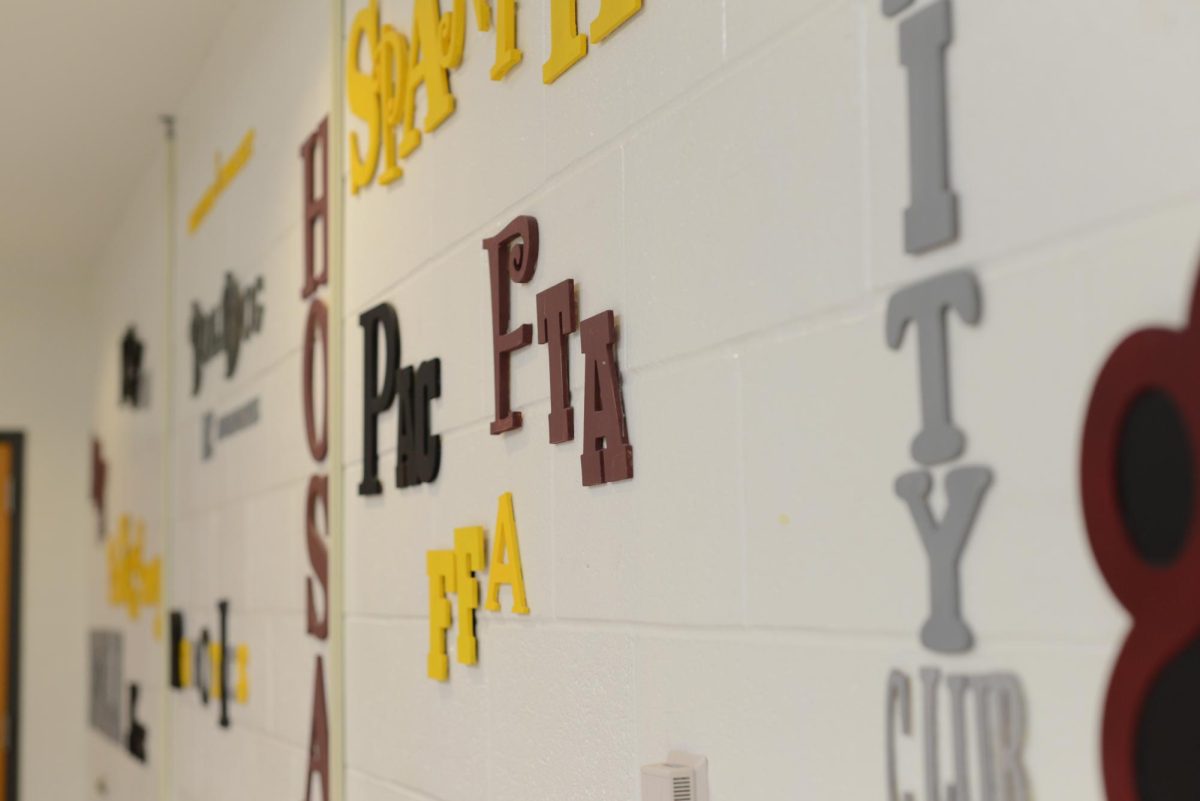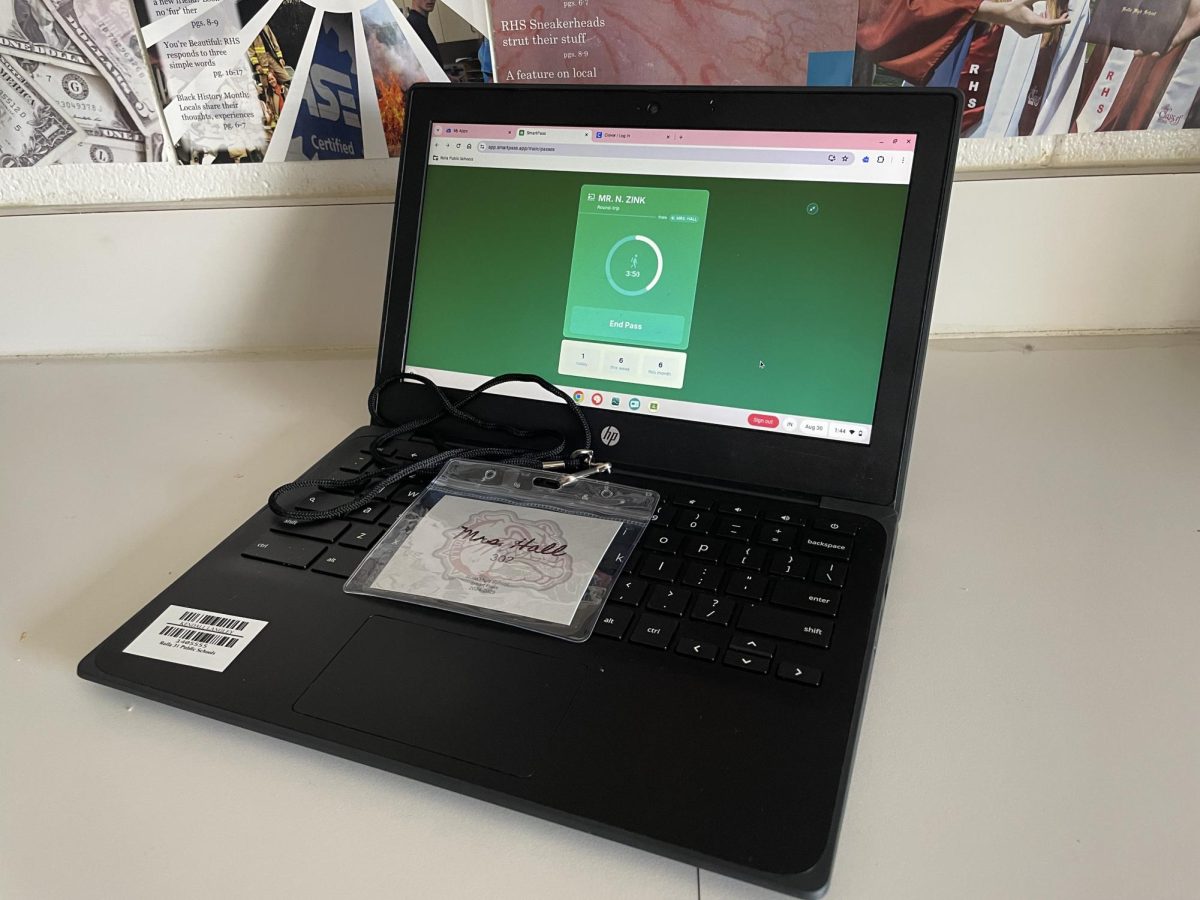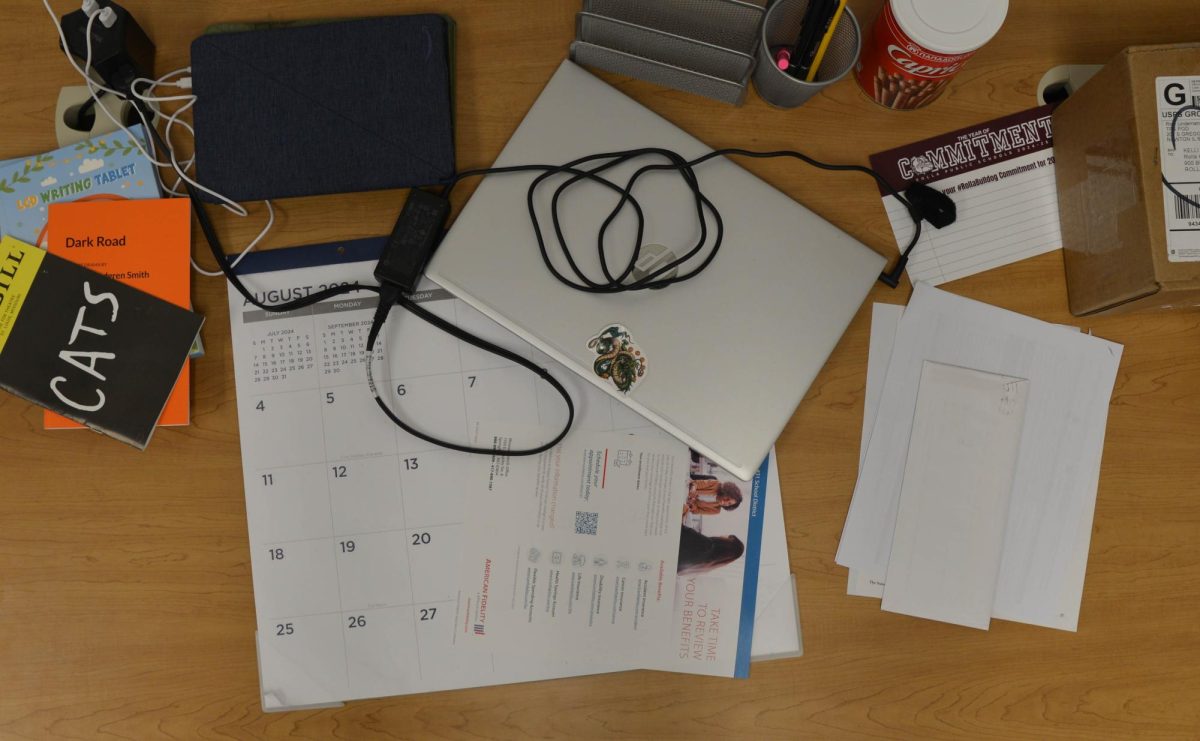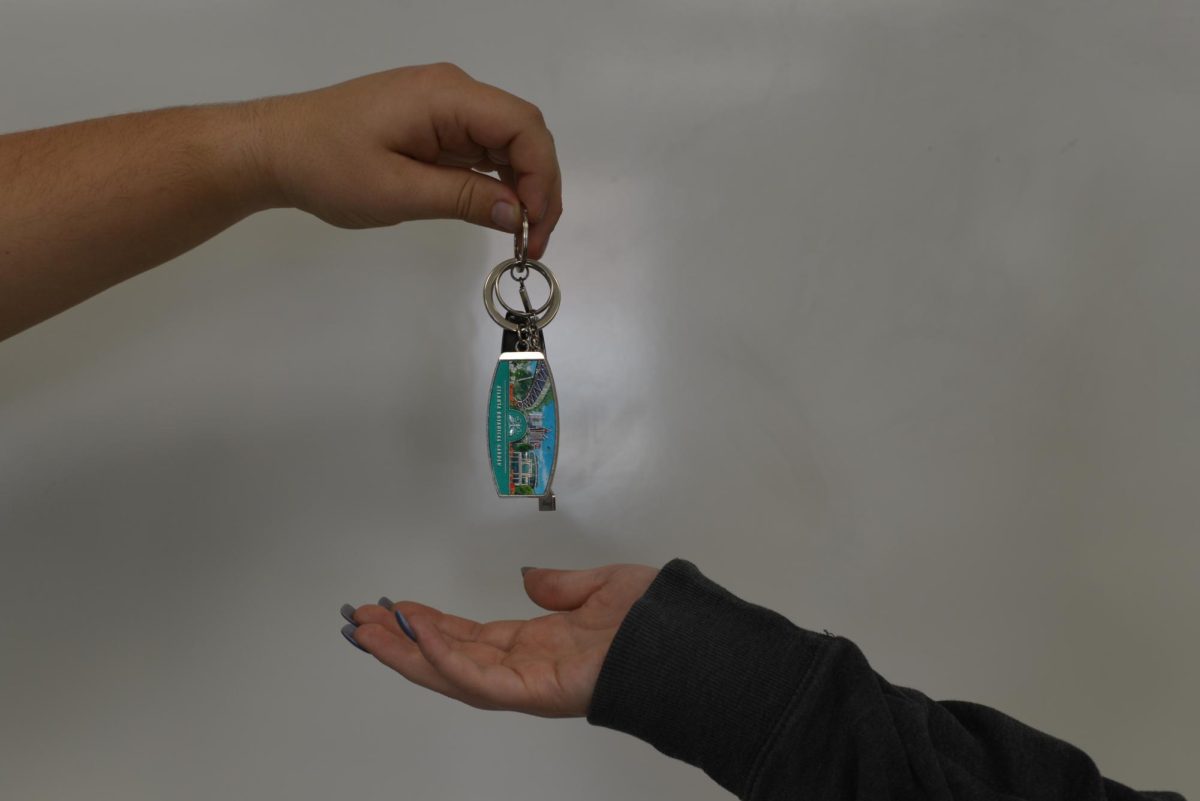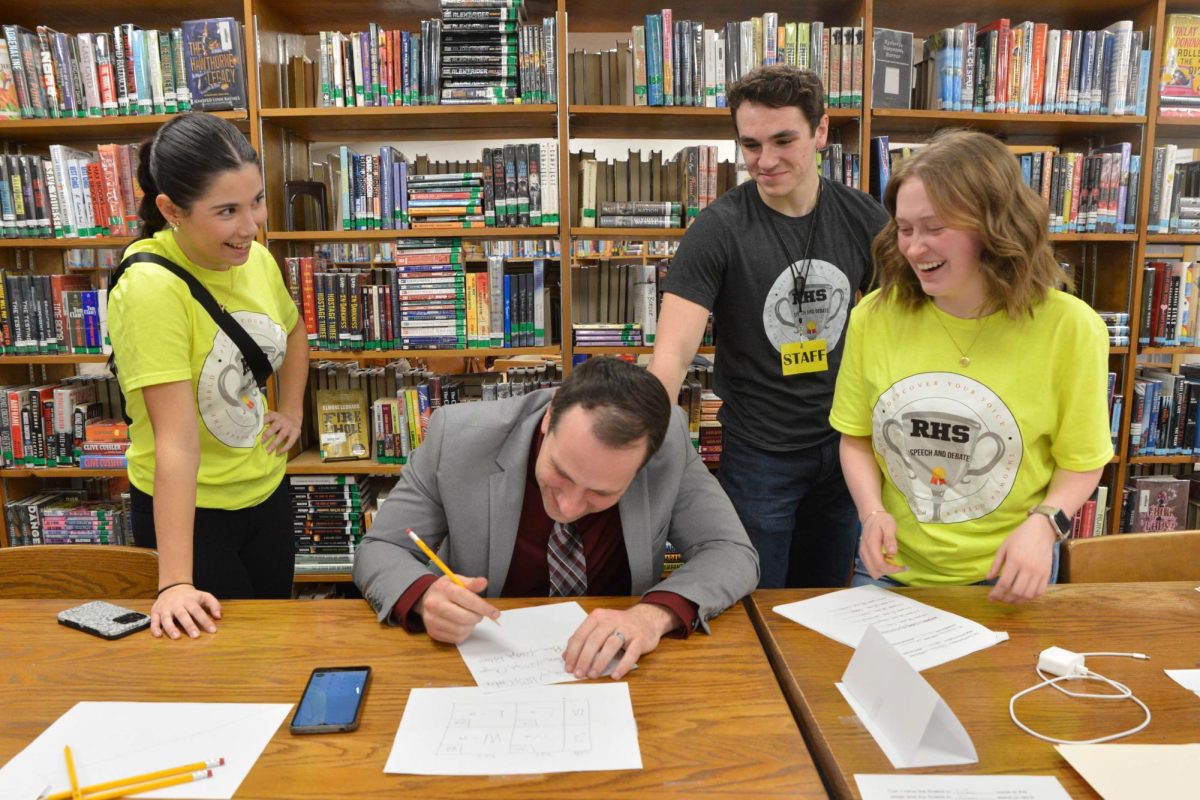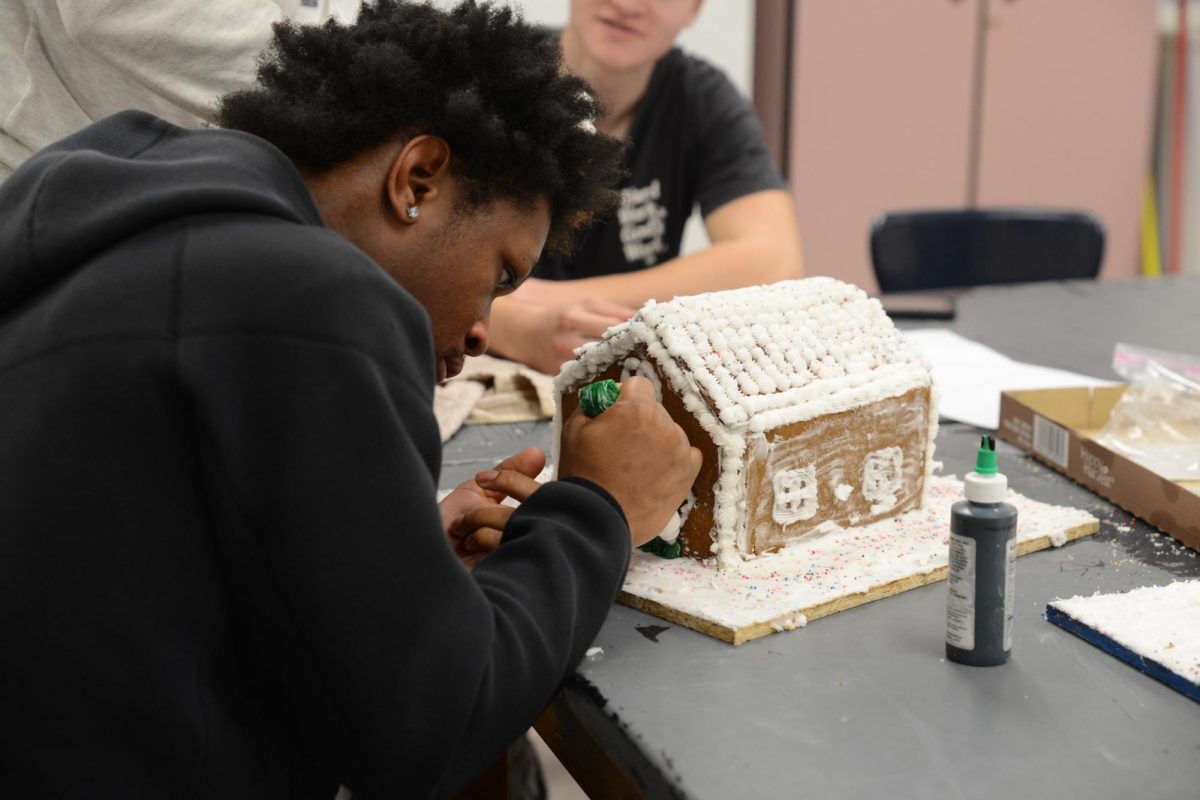Sunita Williams and Barry Wilmore are currently stuck in space. On June 5 the two astronauts set off on a mission that was supposed to take eight days but will end up lasting eight months. The crew was meant to test out Boeing’s new spaceship, the Starliner, and create a more efficient way for astronauts to fly to and from the International Space Station (ISS). But, after the launch of the Boeing Starliner, the astronauts found helium leaks and a malfunctioning valve on the ship.
The scientists at the National Aeronautics and Space Administration (NASA) decided to bring the Starliner back to Earth, leaving its crew at the ISS. Bill Nelson, an administrator at NASA, stated that the loss of two previous vessels and their crews had pushed the company to take the cautious route. The new plan was for Williams and Wilmore to carry out research on the ISS until the SpaceX Dragon would be able to take them back to earth in February.
In an interview, Michael Demmon, the residing ethics instructor and chaplain for Fort Leonard Wood, stated his belief that NASA’s decision was an ethically correct one.
“If they were not confident that Starliner was going to return the astronauts safely, and they had ways to utilize Williams and Wilmore in the meantime, and it fits with NASA contracts with Boeing and SpaceX, then I see no problem with the decision. I understand that crew testing the Starliner vehicle was the original mission and it didn’t end in catastrophic failure, but was obviously not a success. Adjusting to the SpaceX mission return dates of February or March seems to make sense since the ‘specific mission’ has already been adjusted or expired,” Demmon said.
Demmon also pointed to ethical quandaries that arise when discussing the unsuccessful mission, and space travel in general. For example, the ethicist called attention to future procedures that could be put into place for NASA and other companies like it, and whether these procedures should become the standard or remain flexible depending on the situation.
“Guidelines ‘guide’ so that in the moment, especially in high-stress situations or when lives or livelihoods are on the line, decisions can be made calmly and safely, that is, made well (thus, ethically). Specific parameters may change, but planned-out contingencies help offer better opportunities for good decisions, if not always a guarantee of good outcomes. So you want planning ahead but also enough flexibility to adapt those plans to specific situations, especially knowing unforeseen circumstances will arise. That applies to space travel and any risky endeavor, really,” Demmon stated.
He also referenced the agreement to be an astronaut and what that agreement entailed, specifically mentioning an astronaut’s inability to make and carry out their own decisions.
“Even ‘civilian’ endeavors [that are] less dangerous than space flight involve an exchange of agency. Commercial air travel requires obedience to the pilot and crew. Health concerns require trusting doctors. Because space flight is a team effort, the astronaut must realize that even life-threatening decisions will be in someone else’s hands,” Demmon said.
A big theme in William’s and Wilmore’s current situation is the competition between Boeing and SpaceX. While Boeing brought the crew to the ISS, SpaceX will be taking them back to Earth. Demmon touched on how capitalistic competition can create stronger businesses and products. But, he also mentioned that the company’s intentions need to be good in order for positive effects to stem from their work. He claims that government advisory can help steer the businesses into the right direction.
“SpaceX is ‘coming to save the day’ for Boeing and NASA seems to show that in the long view a hybrid of semi-public (government backing with private partnerships) could prove a necessary mix moving forward. Rather than getting in the way, it may be the right mix, practically speaking of helping the astronauts and even exploring more. Whether space exploration is ethically correct…is complicated and the self-interest underpinning capitalism, while a necessary motivator and not inherently wrong, doesn’t always align with the wider scope or virtuous viewpoints that…government endeavors can harness,” Demmon said.
Another topic that Demmon theorized was if there came a point where resource expenditures and practicalities could trump a person’s wellbeing. He wondered whether financial loss and the effects of that loss could overcome the urge to rescue an astronaut in danger.
“Sometimes the consequences are impossible to calculate, it’s hard to know what virtues to lean on. So, we develop regulations (principles) to guide us. So I’m sure NASA might have a point when they either can’t or won’t expand the cost to save a life; health insurance companies can and do make these calculations. I’d love to lean into the virtue of life-saving regardless of the cost, but what about when the cost has greater consequences on so many others?” Demmon asked.
While not all of these points are directly applicable to William’s and Wilmore’s current situation, it is still important to consider them. Having an open discourse about space travel and exploration, while the practice develops, is the only way to create a policy that ensures the well-being of a crew and all of those involved. It is vital to the progression of space exploration that people are able to discuss the effects of the industry, as Michael Demmon has.
Source opinions expressed in this article do not reflect the official positions of the US Army, the MP Corps, the Chaplain Corps, or the Department of Defense or the US Government.



